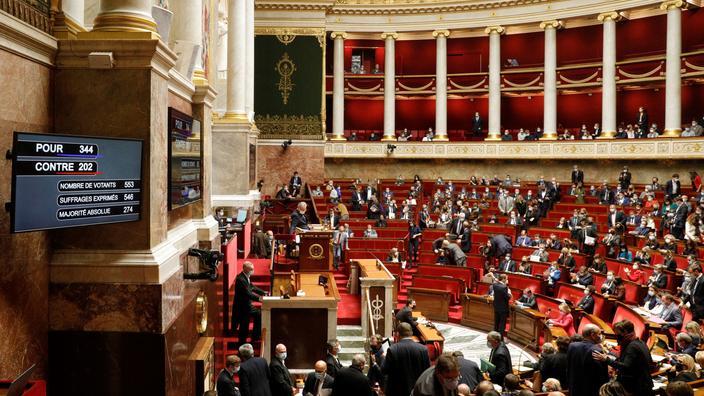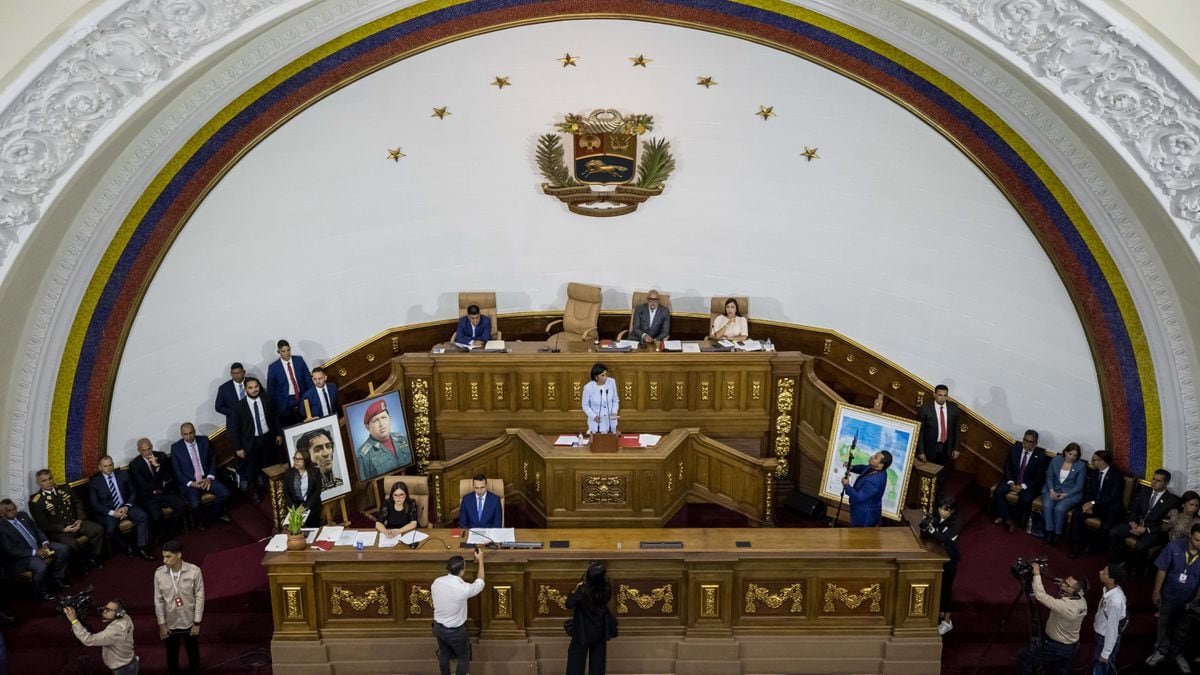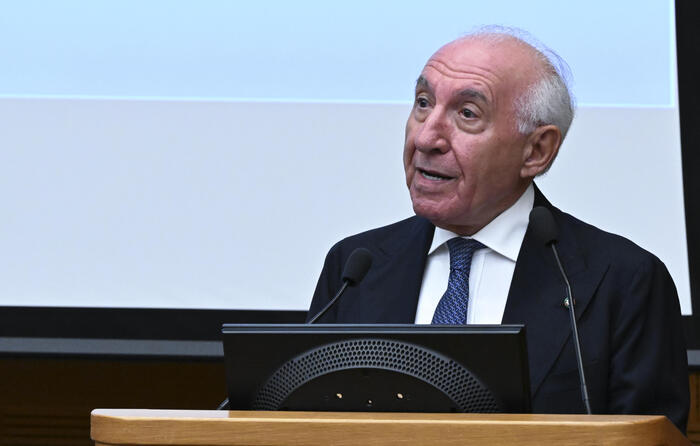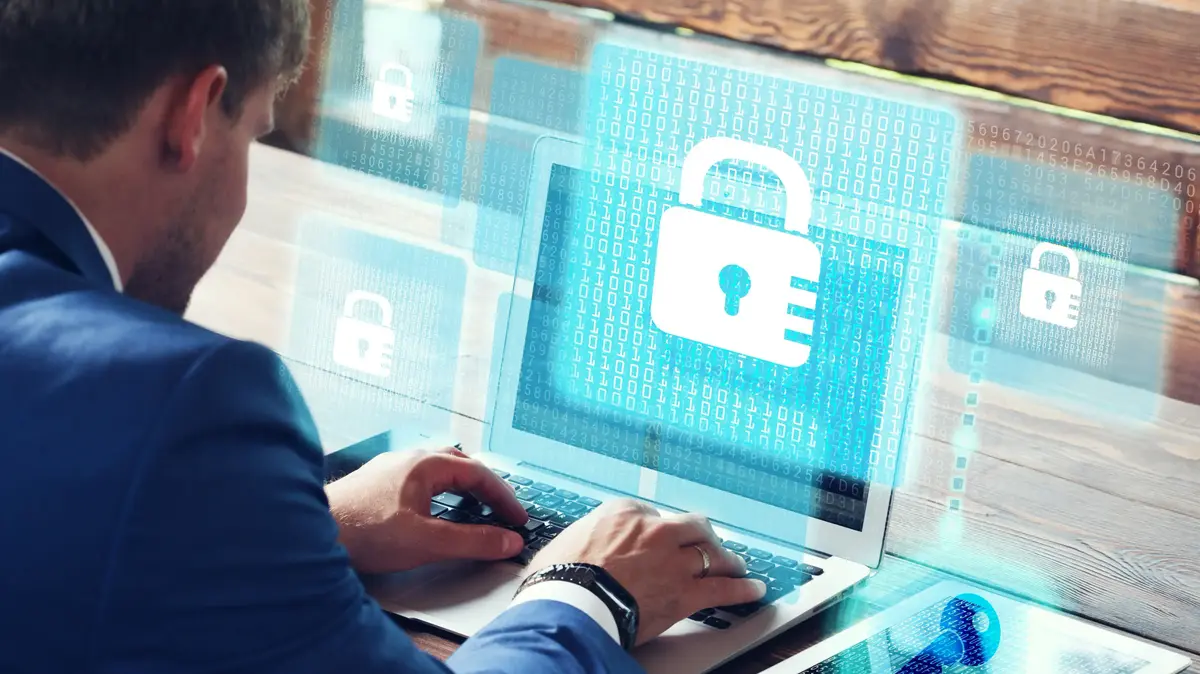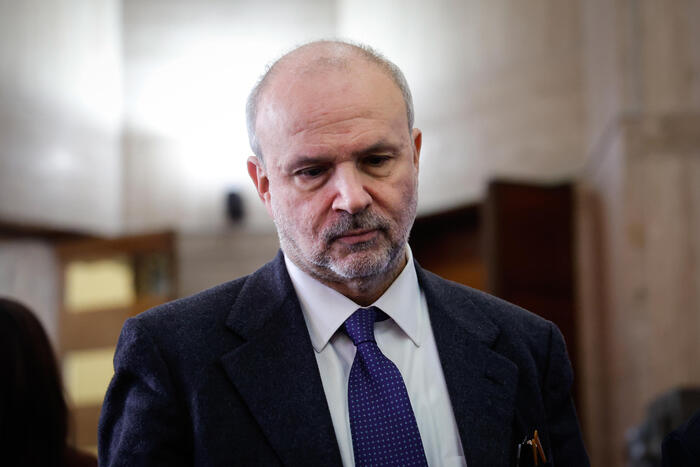Consultant and political analyst, Mathieu Slama works for several media, notably Le Figaro and Le Huffington Post. He has published
The War of the Worlds, Reflections on Putin's Crusade Against the West
, (ed. De Fallois, 2016).
Last night, the National Assembly adopted in new reading the bill of "sanitary vigilance" with 147 votes for and 125 against, by rejecting all the amendments of the Senate, thus returning to the initial version of the text which extends the possibility to use the health pass on July 31 and gives the government the possibility of establishing a state of health emergency for one month without any control by Parliament.
This umpteenth episode in health governance leads us to make a few remarks on the significance of this vote from a political and democratic point of view.
So there remains, in the absence of legislative and judicial checks and balances, a man who decides alone in the Defense Council after consulting an unelected Scientific Council - and therefore undemocratic.
Mathieu slama
First of all, we have once again confirmation that Parliament no longer really has a concrete existence - other than to endorse government decisions in the manner of a registration chamber. This phenomenon, which does not date from this five-year period, has worsened considerably over the past four years, the health crisis making it all the more visible and spectacular. Indeed, what happened with the bill of health vigilance?
After a first vote in the Assembly, the text was discussed in the Senate (the majority of which, it should be remembered, is held by Les Républicains) where a certain number of amendments were voted to make the text more flexible (notably including a clause of revoyure in February, and tightening the conditions of recourse to the pass).
The joint joint committee (bringing together deputies and senators) not having reached an agreement, the text returned to the Assembly which therefore purely and simply canceled the text as it had been adopted in the Senate.
The majority deputies scrupulously follow the rules decreed by the executive, so it is the latter who refused any compromise and imposed its original text.
To read also Mathieu Slama: "The government plans to extend the health pass for electoral reasons"
One could not imagine a practice further from the spirit of our Constitution! So what happens every time an important text is discussed: the government imposes, Parliament executes. Let us add to this that the vote took place in the middle of the night, in a sparse hemicycle - which, let us say it, is scandalous for such an important text, whose implications for the lives of the French are immense. The Council of State and the Constitutional Council have for their part renounced their role of checks and balances, validating all the measures taken by the government since the start of the health crisis. So there remains, in the absence of these legislative and judicial checks and balances, a man who decides alone in the Defense Council after consultation withan unelected Scientific Council - and therefore undemocratic. This is what remains of our institutions today.
The rule of law is in tatters.
For a year and a half, the rules of the democratic game have been put on hold, allowing the authorities to take measures contrary to the letter and the spirit of our Constitution, flouting fundamental rights and republican principles.
The freedom of assembly, the freedom to come and go, the freedom to dispose of one's body, equality before the law, the principle of non-discrimination, key elements of labor law, all of this has been durably denied and challenged.
We are renouncing the essential principles of our Republic in the name of urgency and necessity.
Mathieu slama
The law on health vigilance, it should be remembered, authorizes the government to take the most intrusive measures to our freedoms without parliamentary control, which therefore amounts to giving it quasi-full powers. Since 2015, we have lived half the time under a state of emergency. For a year and a half, he has been permanent and we have no prospect of leaving. What does this tell us about the state of our democracy? The exception is becoming the rule, and democracy the exception.
“
The tradition of the oppressed teaches us that the state of emergency in which we live is the rule,
” wrote Walter Benjamin. This statement has never been truer than it is today. We are renouncing the essential principles of our Republic in the name of urgency and necessity. Yesterday in the name of the fight against terrorism, today in the name of the pandemic, tomorrow in the name of security or the fight against global warming: the permanent state of crisis in which we live coincides with the state of permanent exception.
Democracy is no longer seen as an inestimable good, but as an obstacle in crisis management, a regime that can be got rid of when we consider that it is no longer "effective".
It becomes a relative value, which can be activated or deactivated according to crises, a “Netflix” democracy which no longer protects citizens against the arbitrariness of power.
In the name of urgency, we are in the process of liquidating the entirety of the political heritage of 1789.
Read alsoMathieu Slama: "Why we had to expect the health pass to be extended"
Freedom itself, once inalienable and imprescriptible, is now relativized in the name of principles which would be superior to it (whether safety or health). "
Security is the first of freedoms
", recently declared Emmanuel Macron, destroying in a single sentence the first of our republican principles, while he affirmed, in the heart of the health crisis, that nothing was more important than the life (implied: in the name of the protection of life, we can take all measures, even the most unacceptable).
Let us add that by validating the very principle of the health pass, the parliamentarians betray the idea of freedom as it was imposed from 1789. "Men are born and remain free" says Article 1 of the Declaration of rights of man and the citizen, which is perfectly incompatible with a disciplinary measure as the past, which consists neither more nor less to grant to the citizens their freedom according to their good behavior.
The presidential campaign which begins does not inspire any optimism.
In a climate of security escalation, the right-wing candidates compete with the most fanciful proposals that threaten the rule of law.
Mathieu slama
From “Your freedom is inalienable”, we have moved on to “Your freedom is conditional on your good behavior”. One could not describe a device further removed from the spirit of the Republic, since its origins! Macronist Senator Claude Malhuret had this Orwellian formula during the parliamentary discussion in the Senate: "
The pass is not a tool of constraint but of freedom
" - an absurd formula which sums up the way in which the notion of freedom is being developed. transform under the effect of the crisis. It is this same blackmail that the government uses
ad nauseam
in its communication: "Be responsible, or we re-define you", he has been repeating for a year.
This authoritarian logic is also at work when department presidents refuse to pay the RSA to unvaccinated people who have been suspended from their work. The pandemic has trivialized disciplinary practices from another age, where rights are granted and withdrawn from citizens based on their behavior. What place remains for freedom in such a society?
Alongside this, authoritarian and liberticidal speeches are becoming commonplace, the rule of law is increasingly called into question in public debates, and the demand for security is increasingly strong. This underlying trend does not date from the appearance of the Covid. Let us recall that in 2015, after the attacks of November 13, the French were more than 80% to defend a limitation of their freedoms for more security. For a year and a half, the French have overwhelmingly voted in favor of all the measures that violate their freedoms in the name of the fight against the virus, from confinement to the health pass. And all recent polls indicate that security is a theme favored by a majority of French people in the context of the presidential campaign. The current climate is very unfavorable,not to say very hostile, to freedom and the rule of law.
To read also "We, local elected officials, ask for the abandonment of the health pass"
The presidential campaign which begins does not inspire any optimism.
In a climate of security escalation, the right-wing candidates compete with the most fanciful proposals that violate the rule of law (the prize going to Xavier Bertrand and his proposal to allow prosecutors themselves to pronounce sanctions for sentences ranging from up to five years in prison, while Valérie Pécresse proposes to double the sentences in areas with a high crime rate, breaking with the principle of republican equality).
The almost candidate Eric Zemmour proposes for his part to “
remove power from checks and balances
” and regularly opposes, in his speeches, democracy and the rule of law.
The left, for its part, remains relatively discreet on the issue of freedoms, preferring to list pragmatic (and obviously necessary) measures to resolve inequalities and the climate crisis.
We are therefore living today in an astonishing, paradoxical situation, where the major political phenomenon which overwhelms us is considered secondary - or non-existent - by our political representatives: our house is on fire, and we are looking elsewhere!

